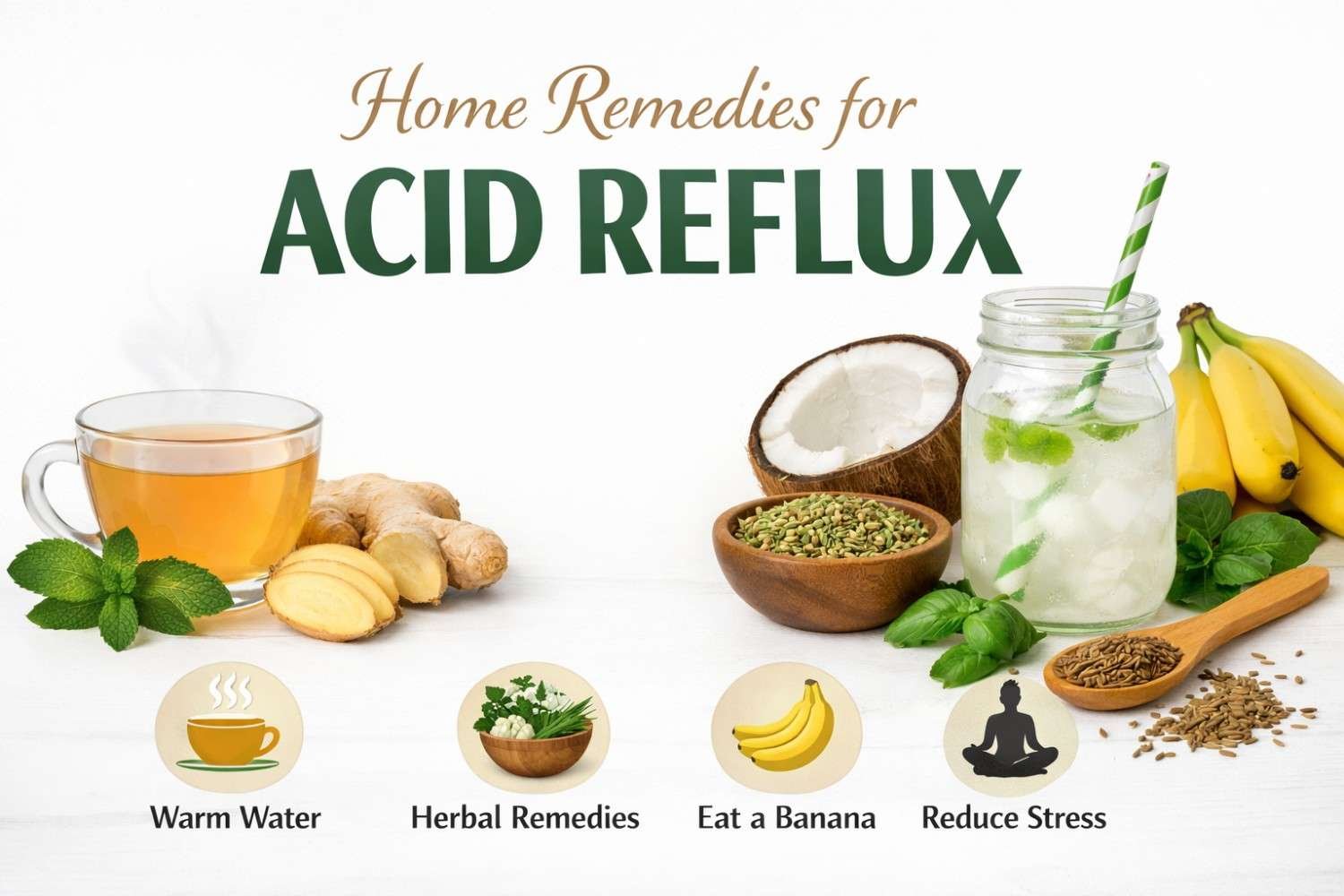Table of Contents
Toggle
Asthma Treatment in Ayurveda: Asthma is a chronic respiratory condition marked by wheezing, shortness of breath, coughing, and chest tightness. It occurs due to inflamed airways, bronchospasms, and excessive mucus secretion, making it difficult to breathe. While modern medicine offers symptomatic relief through bronchodilators and anti-inflammatory drugs, long-term dependency on these medications may lead to side effects.
Ayurveda provides a natural and holistic approach to managing asthma by addressing its root cause, balancing doshas, detoxifying the body, and strengthening lung function through Panchakarma therapies, herbal medicines, and lifestyle modifications.
For a free consultation with top ayurvedic doctors for Asthma Ayurvedic Treatment, download our app from Play Store “AyurCare“
Symptoms of Asthma
Asthma symptoms vary from person to person and can be triggered by allergens, physical exertion, or environmental factors.
Common Symptoms
- Coughing or wheezing (worsened by colds or flu).
- Shortness of breath after physical activity.
- Chest pain or tightness.
- Wheezing sound when exhaling.
- Difficulty sleeping due to nighttime congestion.
Types of Asthma Flare-Ups
- Exercise-Induced Asthma – Symptoms worsen after physical activities like jogging or running.
- Occupational Asthma – Triggered by workplace irritants (dust, chemicals, fumes).
- Allergy-Induced Asthma – Caused by airborne allergens like pollen, mold, pet dander, or spores.
- Cold Air & Pollution – Cold, dry air and air pollutants worsen symptoms.
Causes and Triggers of Chronic Asthma
Asthma is triggered by a combination of genetic and environmental factors:
- Cold air, smoke, and air pollution.
- Dust mites, pet dander, mold, and pollen.
- Respiratory infections (cold, flu, sinus infections).
- Gastroesophageal reflux disease (GERD) – Acid reflux may irritate airways.
- Certain medications (NSAIDs, beta-blockers, aspirin).
Who is at Risk?
- Family history of asthma.
- Overweight or obese individuals.
- Exposure to workplace irritants or second-hand smoke.
- People with allergic conditions (e.g., eczema, hay fever, sinusitis).
You May Also Like: Ayurvedic Treatment for Eczema
What Happens During an Asthma Attack?
During an asthma attack, three key changes occur:
- Bronchospasm – Airway muscles tighten, narrowing the passage.
- Inflammation – Airways become swollen, reducing airflow.
- Mucus Overproduction – Thick mucus clogs the airways, further obstructing breathing.
Types of Asthma
- Intermittent Asthma – Symptoms come and go, with symptom-free periods between attacks.
- Persistent Asthma – Symptoms are continuous, ranging from mild to severe.
- Allergic Asthma – Triggered by environmental allergens like pollen and dust.
- Non-Allergic Asthma – Caused by stress, infections, or environmental pollutants.
- Childhood Asthma – Develops before age 5 and may persist into adulthood.
- Adult-Onset Asthma – Develops after age 18, often due to long-term exposure to irritants.
Modern Treatments for Asthma
- Bronchodilators – Open airways for immediate relief.
- Anti-inflammatory medications – Reduce airway swelling and mucus production.
Limitation – These treatments only provide temporary relief and may lead to long-term side effects like weakened immunity and dependency.
Ayurvedic Approach to Asthma Treatment
Ayurveda classifies asthma as Tamaka Shwasa, a disorder caused by Vata Dosha and Kapha Dosha imbalance leading to Pranavaha Srotas Dushti (respiratory tract dysfunction).
Ancient Ayurvedic texts describe five types of Shwasa disorders, with Tamaka Shwasa closely resembling modern bronchial asthma.
Read Also: Ayurveda Doshas
Ayurvedic Symptoms of Tamaka Shwasa (Asthma)
- Pratiloma Vayu – Difficulty exhaling.
- Ghurghuraka – Wheezing or whistling sound while breathing.
- Severe Dyspnea – Difficulty in normal breathing patterns.
Ayurvedic Treatments for Asthma
1. Panchakarma Detox Therapies
- Vamana (Therapeutic Emesis) – Eliminates excess Kapha from the lungs.
- Virechana (Purgation Therapy) – Detoxifies the body and balances Pitta.
- Nasya (Nasal Therapy) – Clears congestion and improves lung strength.
Read Also: What is Panchakarma Treatment?
2. Snehana and Swedana (Oleation & Sudation Therapy)
- Snehana (Oil Therapy) – Internal and external application of medicated ghee/oil to balance Vata.
- Swedana (Steam Therapy) – Induces sweating to clear Kapha congestion from the lungs.
3. Herbal and Ayurvedic Medicines for Asthma
- Vasaka (Adhatoda Vasica) – Clears excess mucus and congestion.
- Haridra (Turmeric) – Natural anti-inflammatory for the lungs.
- Yashtimadhu (Licorice Root) – Soothes airways and reduces wheezing.
- Tulsi (Holy Basil) – Enhances respiratory function and immunity.
4. Rasayana Therapy for Lung Health
- Strengthens lung function and prevents recurring asthma attacks.
- Boosts immunity against respiratory illnesses.
Read More About Rasayana Therapy and Its Benefits
5. Stress-Relieving Therapies
- Shirodhara & Shiro Abhyanga – Recommended if stress triggers asthma attacks.
- Pranayama (Yogic Breathing) – Strengthens lung capacity.
FAQs About Asthma Treatment in Ayurveda
Can Ayurveda cure asthma permanently?
Ayurveda provides long-term relief through dosha balancing, detoxification, and herbal remedies, but consistent lifestyle modifications are essential.
What is the best Ayurvedic treatment for asthma?
Panchakarma (Vamana, Virechana, Nasya), along with herbs like Vasaka, Yashtimadhu, and Tulsi, are highly effective.
Can children with asthma undergo Ayurvedic treatment?
Yes, Ayurveda offers gentle and safe therapies for pediatric asthma, with customized herbal formulations.
How does Panchakarma help in asthma management?
Panchakarma removes Kapha toxins, clears congestion, and strengthens respiratory functions for long-term relief.
Are Ayurvedic treatments safe for asthma?
Yes, when administered by qualified Ayurvedic practitioners, these treatments are natural, safe, and free from harmful side effects.
Why Choose Adyant Ayurveda for Asthma Treatment?
At Adyant Ayurveda, we offer:
- Personalized Ayurvedic treatment plans for asthma.
- Panchakarma therapies and herbal medicines for long-term relief.
- Expert Ayurvedic doctors with years of experience in respiratory health.
- A holistic healing environment that focuses on mind-body wellness.
Book Your Ayurvedic Consultation Today! Call us now or visit adyantayurveda.com for a personalized asthma treatment plan.
Asthma Patient Testimonial
Real Healing. Real Smiles. A Heartwarming Asthma Recovery Story at Adyant Ayurveda
Conclusion – Ayurvedic Treatment for Asthama
Ayurveda provides a sustainable, long-term solution for managing asthma by addressing its root cause rather than just the symptoms. By balancing Vata and Kapha doshas, detoxifying the body, and adopting a holistic lifestyle, one can breathe freely and live without dependency on medications.
Take control of your respiratory health with Ayurveda!








